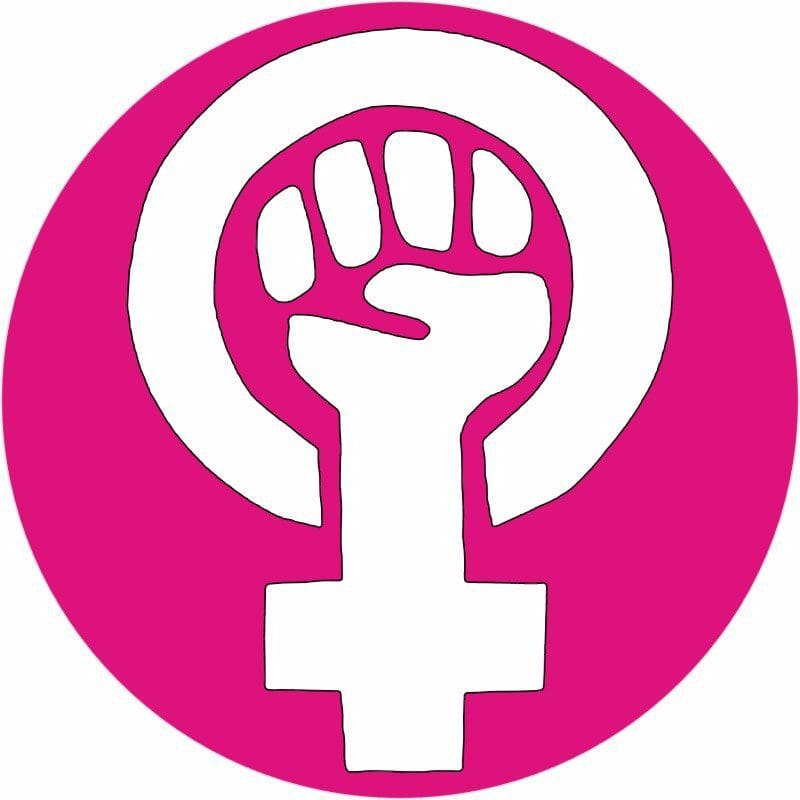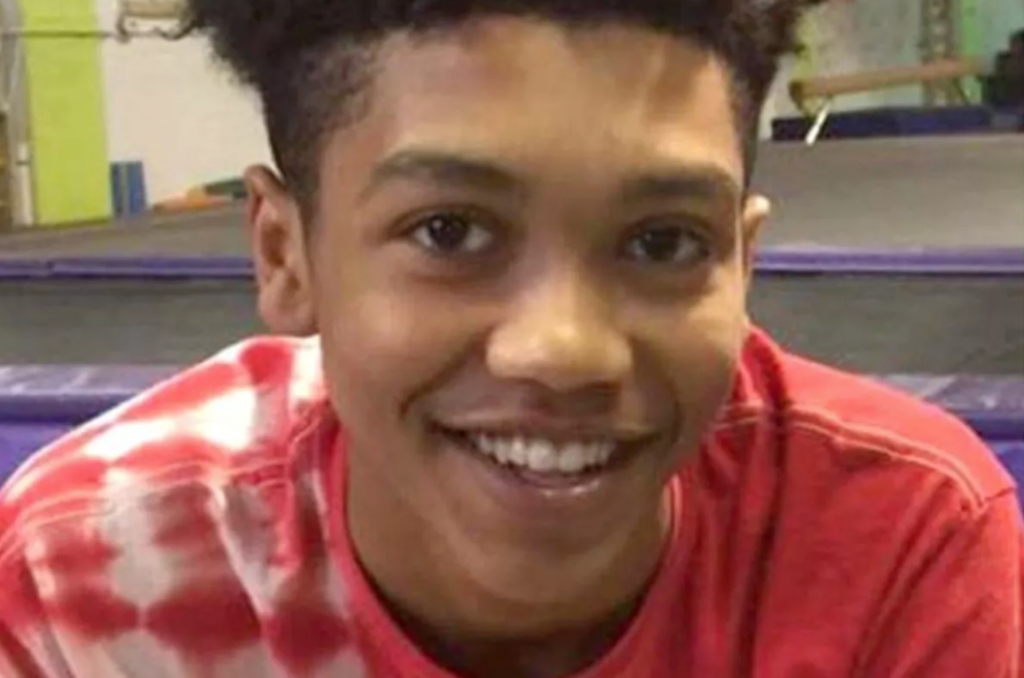 The SOVA Project is happy to feature this blog post written by one in our team of fantastic SOVA Ambassadors—these are young people who help create meaningful blog posts for us to share.
The SOVA Project is happy to feature this blog post written by one in our team of fantastic SOVA Ambassadors—these are young people who help create meaningful blog posts for us to share.
In a recent gender studies class, we read Fiona Rummery’s “Mad Women or Mad Society: Towards a Feminist Practice.” Part of this work explores the connection between a woman’s assumed role as the homemaker and her increased risk of mental health issues. I wanted to share a few points made by the author that I think are very interesting.
First, femininity has emphasis on serving others and ignoring a woman’s own needs. We all have heard the saying that a mom never gets a day off, but this undoes self-care and easily leads to burnout, anxiety, and depression. If a woman begins to experience such an issue, it is frowned upon for her to assume the sick role, a term that describes the acceptable behavior and expectations a person can receive when they are ill.
For example, if you are a student you are expected to show up for class and complete assignments. However, if you end up in the hospital because you broke your arm while running, your professors most likely would not expect you to come to class and might allow you to submit assignments after the due date. Your injury excuses you from your normal responsibilities. You have taken on a new role: the sick role.
 Living with depression, anxiety, and other mental health issues can sometimes be taxing. I know I have come across this a lot—I feel down, anti-social, or just plain exhausted! While it’s true that we are starting to talk more about mental health conditions, lots of people still find it difficult to talk about what they are experiencing. It’s especially hard when you feel like you were doing so great the past few days and today you just feel like … ugh.
Living with depression, anxiety, and other mental health issues can sometimes be taxing. I know I have come across this a lot—I feel down, anti-social, or just plain exhausted! While it’s true that we are starting to talk more about mental health conditions, lots of people still find it difficult to talk about what they are experiencing. It’s especially hard when you feel like you were doing so great the past few days and today you just feel like … ugh.
 Have you ever noticed your teen studying and checking their phone compulsively, all while slaving away on on a final paper or cramming for a final exam? Are they checking to see what other people are doing—in case their friends are having a more interesting life than they are?
Have you ever noticed your teen studying and checking their phone compulsively, all while slaving away on on a final paper or cramming for a final exam? Are they checking to see what other people are doing—in case their friends are having a more interesting life than they are? I strive for perfection all the time, especially when it comes to academics. If I feel as if I scored less than an A on any assignment or exam then I have terrible anxiety accompanied with crying spells. During these times of distress, it’s nearly impossible to calm myself down. I shake and mentally exhaust myself so much that I cannot do anything else for the rest of the day. These intense distressful experiences last for hours.
I strive for perfection all the time, especially when it comes to academics. If I feel as if I scored less than an A on any assignment or exam then I have terrible anxiety accompanied with crying spells. During these times of distress, it’s nearly impossible to calm myself down. I shake and mentally exhaust myself so much that I cannot do anything else for the rest of the day. These intense distressful experiences last for hours. As many as one in every five teens experiences depression during adolescence, but their symptoms often go undiagnosed and untreated because they lack access to mental health specialists.
As many as one in every five teens experiences depression during adolescence, but their symptoms often go undiagnosed and untreated because they lack access to mental health specialists. Sometimes I feel like I have no friends.
Sometimes I feel like I have no friends. Here is a drawing I did just now with the trackpad on my laptop. What do you think it looks like—a cat, or a jellyfish, or a spaceship?
Here is a drawing I did just now with the trackpad on my laptop. What do you think it looks like—a cat, or a jellyfish, or a spaceship? A lot of teens have a fake Instagram account, or “Finsta,” because they think it allows them more privacy than a real Instagram account.
A lot of teens have a fake Instagram account, or “Finsta,” because they think it allows them more privacy than a real Instagram account.